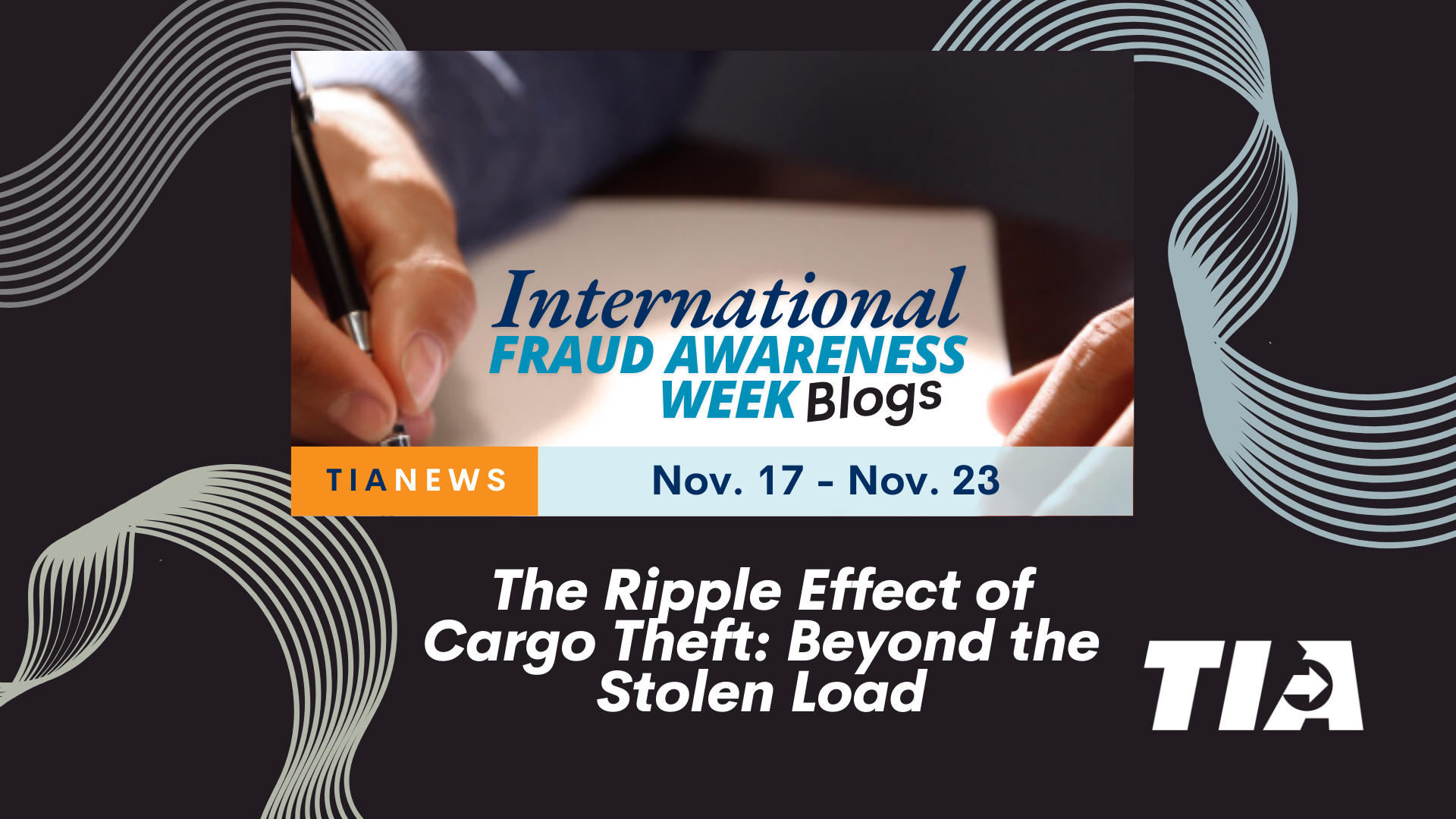The Ripple Effect of Cargo Theft: Beyond the Stolen Load

Cargo theft is a significant issue in the logistics industry, often discussed in terms of the immediate financial loss of the stolen goods. However, the true impact of such theft extends far beyond the value of the stolen load. This ripple effect touches various facets of the supply chain, from lost sales opportunities to serious health and safety concerns.
Financial and Market Impact
Take, for instance, a stolen load of gaming consoles worth $200,000. The immediate loss is clear, but the deeper consequences are often overlooked. During the holiday season, missing inventory can mean lost sales opportunities not just for the consoles themselves, but also for the games that would have been sold alongside them. Additionally, the costs of remanufacturing and reshipping the consoles add another layer of financial strain.
Insurance claims and investigations further increase expenses, and repeated claims can lead to higher insurance premiums. The stolen goods can disrupt market dynamics, especially in industries where products can’t be quickly replaced. For example, when California’s nut industry lost $68 million in stolen loads, the price of available nuts surged to compensate for the shortfall, impacting farmers, distributors and consumers alike.
Health and Safety Concerns
The consequences of cargo theft aren’t limited to financial losses. When thieves target sensitive commodities like pharmaceuticals or baby formula, the stakes are significantly higher. For example, stolen insulin reintroduced to the black market could have been mishandled, potentially endangering lives if it wasn’t stored at the required temperature. Similarly, stolen baby formula might not be stored or transported under proper conditions, posing severe health risks to infants consuming it.
These examples highlight how cargo theft can lead to unintended health crises, emphasizing that the issue goes beyond monetary concerns to include serious public health implications.
The Criminal Mindset
A common thread in cargo theft is the indifference of thieves to the consequences of their actions. They care little about the condition of the stolen goods, whether it’s frozen meat, pharmaceuticals or other temperature-sensitive items. Their primary concern is profit, with no regard for the potential harm their actions could cause to consumers.
The Call for Comprehensive Awareness
Despite the severe ramifications, there’s still a lack of comprehensive awareness about the ripple effects of cargo theft. The logistics industry must shift the narrative from merely counting the cost of stolen loads to understanding and addressing the broader impact. This includes not only the financial repercussions but also the health risks and market disruptions caused by such thefts.
By fostering a deeper understanding of these ripple effects, companies can better advocate for stronger security measures, tighter regulations and more informed practices throughout the supply chain. This broader perspective is crucial for tackling the complex challenges posed by cargo theft and mitigating its far-reaching consequences.

